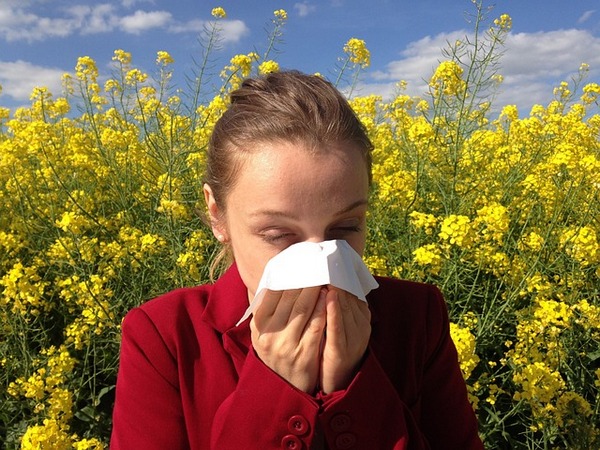Key Highlights
- Some common foods that are toxic to dogs include chocolate, xylitol-containing products, onions and garlic, grapes and raisins, alcohol and yeast dough, avocado, macadamia nuts, salty snack foods, dairy products, citrus fruits, and caffeinated beverages.
- These foods can cause a range of health problems in dogs, including nervous system issues, liver failure, kidney failure, gastrointestinal irritation, and pancreas issues.
- Keep these foods out of your dog’s reach to prevent accidental ingestion and potential harm.
- If your dog ingests any of these toxic foods, seek immediate veterinary care.
- Always consult with your veterinarian about your dog’s diet and any potential risks associated with certain foods.
Introduction
As pet owners, it is our responsibility to ensure their safety by keeping harmful substances out of their reach.
One area where we need to be particularly vigilant is their diet. While some human foods are safe and even healthy for dogs to consume, there are others that can be extremely toxic and potentially fatal.
Foods You Should Never Feed Your Dog
There are several foods that you should never feed your dog, as they can cause serious health problems.
1. Chocolate and Caffeine
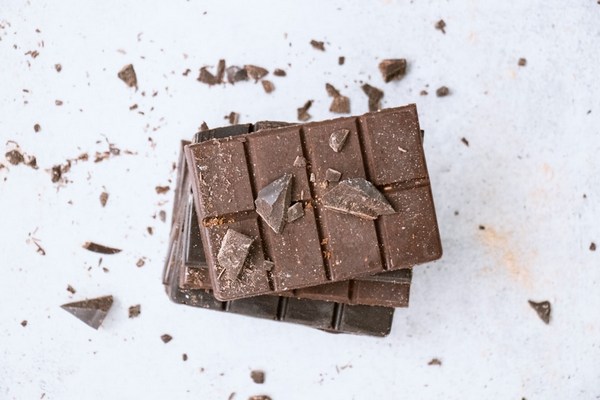
Chocolate and caffeine are two substances that should never be given to dogs. Chocolate contains theobromine and caffeine, both of which can be toxic to dogs.
The darker the chocolate, the more theobromine it contains, making it more dangerous for dogs. Even small amounts of chocolate can cause symptoms such as vomiting, diarrhea, increased heart rate, tremors, and in severe cases, seizures and even death.
Different types of chocolate have different levels of theobromine, with dark chocolate being the most toxic. It’s best to keep all types of chocolate out of your dog’s reach to prevent any accidental ingestion.
2. Xylitol-containing Products
Xylitol is a sugar substitute commonly found in sugar-free products, including gum, candy, baked goods, and peanut butter.
When ingested, xylitol causes a rapid release of insulin in dogs, leading to a dangerous drop in blood sugar levels. This can result in symptoms such as vomiting, loss of coordination, seizures, and in severe cases, liver failure.
Peanut butter is a common product that may contain xylitol, so check the ingredients before feeding it to your dog. If you suspect your dog has ingested xylitol, it is crucial to seek immediate veterinary care.
3. Onions, Garlic, and Chives
Onions, garlic, and chives belong to the Allium family and contain compounds that can be toxic to dogs. These compounds can cause damage to red blood cells, leading to anemia, as well as gastrointestinal irritation.
While small amounts of these foods not be immediately harmful, repeated exposure or ingestion of large doses can be dangerous.
Symptoms of onion or garlic poisoning in dogs may include vomiting, diarrhea, weakness, and pale gums. It’s best to avoid feeding your dog any foods that contain onions, garlic, or chives to prevent any potential harm.
4. Grapes and Raisins
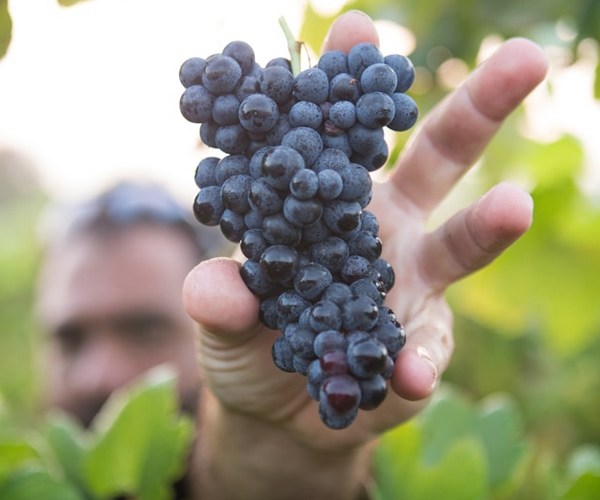
Grapes and raisins are extremely toxic to dogs and can cause kidney failure. It is not yet known exactly what substance in grapes and raisins is responsible for the toxicity, but even small quantities can be dangerous.
Symptoms of grape or raisin poisoning in dogs may include vomiting, diarrhea, decreased appetite, abdominal pain, and increased thirst and urination.
If left untreated, grape or raisin ingestion can lead to severe health problems and even death. Keep all grapes and raisins out of your dog’s reach and seek immediate veterinary care if you suspect your dog has ingested them.
5. Alcohol and Yeast Dough
Alcohol is highly toxic to dogs and can cause alcohol poisoning. Even small amounts of alcohol can have serious effects on a dog’s health, including a drop in blood sugar levels, abnormal heart rate, difficulty breathing, and in severe cases, coma and death.
Keep all alcoholic beverages and products containing alcohol out of your dog’s reach. Yeast dough is another substance that should never be fed to dogs.
When ingested, the yeast in the dough can continue to ferment in the dog’s stomach, producing alcohol. This can lead to alcohol poisoning, as as bloating and potential obstruction of the digestive system.
It’s best to avoid feeding your dog any type of alcohol or yeast dough to prevent these complications.
6. Avocado
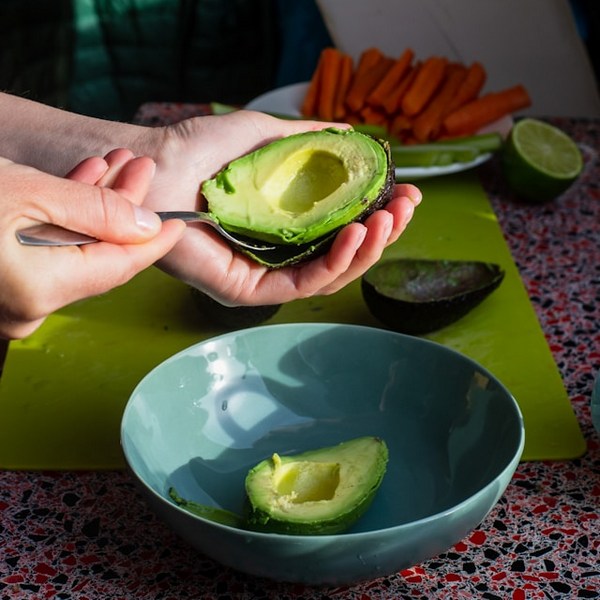
Avocado contains a substance called persin, which is toxic to dogs. While the flesh of the avocado may not be as harmful, other parts of the fruit, such as the skin and pit, can be dangerous if ingested.
Symptoms of avocado poisoning in dogs may include vomiting, diarrhea, abdominal pain, and pancreatitis. The high fat content in avocados can also cause digestive upset and potential blockage in a dog’s stomach.
It’s best to keep all parts of the avocado out of your dog’s reach to prevent any potential harm.
7. Macadamia Nuts and Other High-fat Nuts
Macadamia nuts are highly toxic to dogs and can cause a range of symptoms, including weakness, tremors, vomiting, and even paralysis.
The exact cause of the toxicity is unknown, but it is believed to be related to the high fat content in the nuts. Other high-fat nuts, such as almonds and pistachios, can also cause similar symptoms in dogs.
Ingesting these nuts can affect the nervous system, leading to muscle weakness and difficulty walking. Keep all high-fat nuts out of your dog’s reach to prevent any potential harm.
8. Salt and Salty Snack Foods
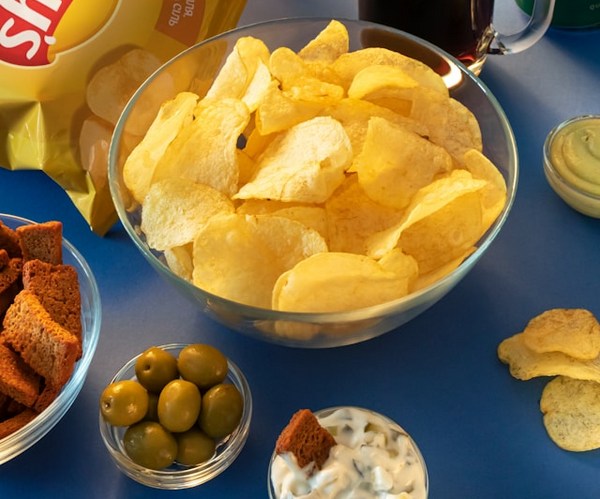
Excessive salt intake can be harmful to dogs and can lead to sodium ion poisoning. Symptoms of salt poisoning in dogs may include vomiting, diarrhea, excessive thirst, tremors, seizures, and even death.
Be cautious when feeding your dog salty foods or snacks, such as potato chips, as they can contain high levels of salt.
Avoid feeding your dog any foods that are heavily seasoned or salted, and be mindful of the sodium content in their diet.
9. Dairy Products
While some dogs may tolerate small amounts of dairy products, many dogs are lactose intolerant and cannot properly digest lactose, the sugar found in milk and other dairy products.
Feeding dairy products to lactose intolerant dogs can lead to digestive upset, including symptoms such as gas, bloating, diarrhea, and vomiting.
Avoid feeding your dog dairy products or consult with your veterinarian to determine if your dog is lactose intolerant.
There are alternative options available, such as lactose-free milk or yogurt made specifically for dogs, if you want to incorporate dairy into their diet.
10. Citrus Fruits
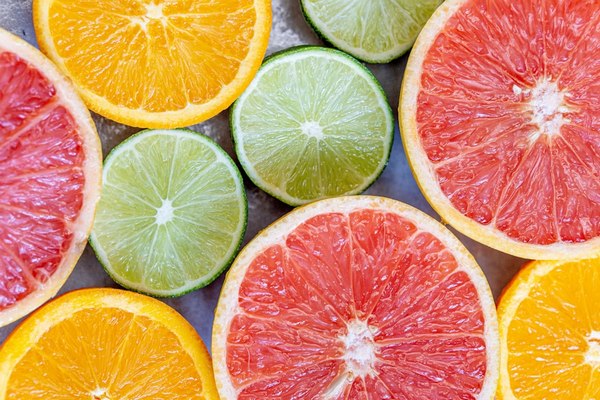
Citrus fruits, such as oranges, lemons, limes, and grapefruits, contain citric acid, which can cause upset stomach in dogs.
While small amounts of these fruits may not be harmful, ingesting large quantities of citrus fruits can lead to gastrointestinal discomfort, including symptoms such as vomiting and diarrhea.
In addition, the essential oils found in citrus fruits can be toxic to dogs and may cause irritation if ingested or applied topically.
It’s best to avoid feeding your dog citrus fruits or any products containing citrus essential oils to prevent any potential harm.
11. Coffee, Tea, and Other Caffeinated Beverages
Caffeine is a stimulant that can have a significant impact on a dog’s central nervous system and cardiovascular system.
Ingesting caffeine can cause symptoms such as increased heart rate, restlessness, tremors, difficulty breathing, and in severe cases, seizures and even death.
Coffee, tea, energy drinks, and other caffeinated beverages should be kept out of your dog’s reach to prevent accidental ingestion.
Dogs are much more sensitive to the effects of caffeine than humans, so even small amounts can be harmful. If you suspect your dog has ingested caffeine, seek immediate veterinary care.
Recognizing Symptoms of Food Poisoning in Dogs

Some common signs of food poisoning in dogs include vomiting, diarrhea, lethargy, rapid breathing or difficulty breathing, seizures, and weakness.
Vomiting and Diarrhea
These digestive problems can be caused by the ingestion of toxic foods or substances. Vomiting and diarrhea can lead to dehydration, so ensure that your dog has access to fresh water at all times.
Certain food items, such as chocolate, grapes and raisins, and alcohol, can cause severe vomiting and diarrhea in dogs.
If you suspect that your dog has consumed a toxic food, contact your veterinarian immediately for guidance on how to proceed.
Lethargy and Weakness

Lethargy and weakness are common symptoms of food poisoning in dogs. These symptoms can be caused by liver failure, which can occur as a result of the ingestion of toxic foods.
Rapid Breathing or Difficulty Breathing
This can be a serious symptom of food poisoning and should not be ignored. Toxic foods can cause respiratory distress in dogs, leading to an increased heart rate and difficulty breathing.
If you notice any changes in your dog’s breathing patterns or if they are struggling to breathe, seek immediate veterinary attention. Quick intervention can help alleviate respiratory distress and prevent further complications.
Seizures
Toxic foods can affect the nervous system, leading to seizures in some dogs.
Seizures can range from mild to severe and can be a frightening experience for both the dog and the owner. If your dog experiences a seizure, keep them safe and seek veterinary attention immediately.
Immediate Steps to Take if Your Dog Consumes Toxic Foods
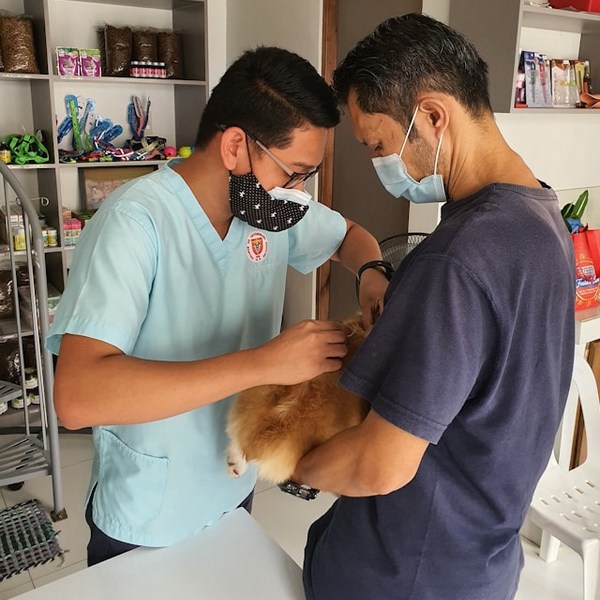
The first step is to contact your veterinarian or an animal poison control center, such as the ASPCA Animal Poison Control Center, for guidance.
Contact Your Veterinarian Immediately
They can provide you with specific guidance based on the type of food consumed and the size and health of your dog.
In some cases, they may recommend inducing vomiting to remove the toxic substance from your dog’s system. Follow their advice and avoid inducing vomiting without professional guidance.
Do Not Induce Vomiting Unless Advised
If your dog consumes a toxic food, it may be tempting to induce vomiting to remove the substance from their system.
However, avoid inducing vomiting unless specifically advised to do so by a veterinarian or an animal poison control center.
Inducing vomiting can be dangerous if done incorrectly or in certain situations. It can also have negative effects on your dog’s blood sugar levels.
Seek professional advice before taking any action and to follow their guidance for the best possible outcome for your dog.
Preventative Measures to Keep Your Dog Safe
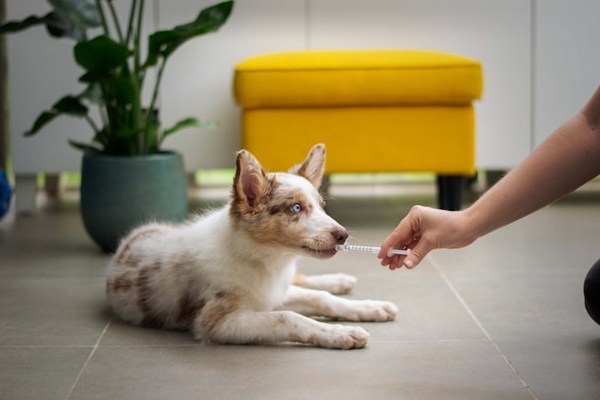
Securely Store Harmful Foods
Make sure that harmful foods, such as chocolate, grapes and raisins, and alcohol, are stored in a location that is inaccessible to your dog.
This can help prevent accidental ingestion and reduce the risk of food poisoning. Be mindful of where you place potentially harmful foods when preparing meals or snacks.
Keep them away from the edge of countertops or tables where your dog may be able to reach them.
Educate Your Family on Dog-safe Foods
Make sure that everyone in your household understands which foods are safe for dogs to consume and which ones are not.
Provide them with a list of safe snacks, such as unsalted peanut butter or plain yogurt, that they can give to your dog as treats. Encourage them to avoid giving your dog any human foods without your permission.
Conclusion
It’s crucial to prioritize your furry friend’s well-being by understanding what foods are harmful to them. From chocolate to xylitol-containing products, certain items can pose serious health risks to dogs. Recognizing symptoms of food poisoning, such as vomiting and lethargy, is vital for prompt action. If your dog ingests toxic foods, contacting your vet immediately is key. By taking preventative measures like securely storing harmful foods and educating your family on dog-safe options, you can help keep your canine companion safe and healthy. Remember, a little caution goes a long way in ensuring your dog’s happiness and longevity.
Frequently Asked Questions
What should I do if my dog eats chocolate?
If your dog eats chocolate, take immediate action. Contact your veterinarian or the ASPCA Animal Poison Control Center for guidance. They can provide specific instructions based on the type and amount of chocolate consumed and the size and health of your dog.
Are there any safe human foods for dogs?
Yes, there are some safe human foods that dogs can consume. Safe options include green beans, coconut oil (in moderation), and dog food specifically formulated for their nutritional needs. However, consult with your veterinarian before introducing any new foods to your dog’s diet.
How can I tell if a food is toxic to my dog?
It can be difficult to determine if a food is toxic to your dog. Some common symptoms of food poisoning in dogs include vomiting, diarrhea, lethargy, rapid breathing, seizures, and weakness. If you suspect your dog has consumed a toxic food, seek veterinary attention immediately.
Reduce Stress through Pet Therapy
Key Highlights Pet therapy, or animal-assisted therapy, boosts health. Interacting with animals lowers cortisol, blood pressure, and heart rate. Therapy, service, and companion animals are…
Coping with Pet Allergies: Tips & Advice
Key Highlights Pet allergies often cause sneezing, coughing, itchy eyes, and skin rash. Pet allergens are in the saliva, urine, and dander of furry animals….
Paws and Reflect: The Healing Power of Pet Companionship
Key Highlights Pet companionship improves mental health by offering emotional support and unconditional love. Caring for a pet promotes physical health through regular exercise and…
Allergy-Friendly Pets
Key Highlights Hypoallergenic pets are great for people with pet allergies, as they produce fewer allergens like dander, saliva, and proteins that can trigger symptoms….

